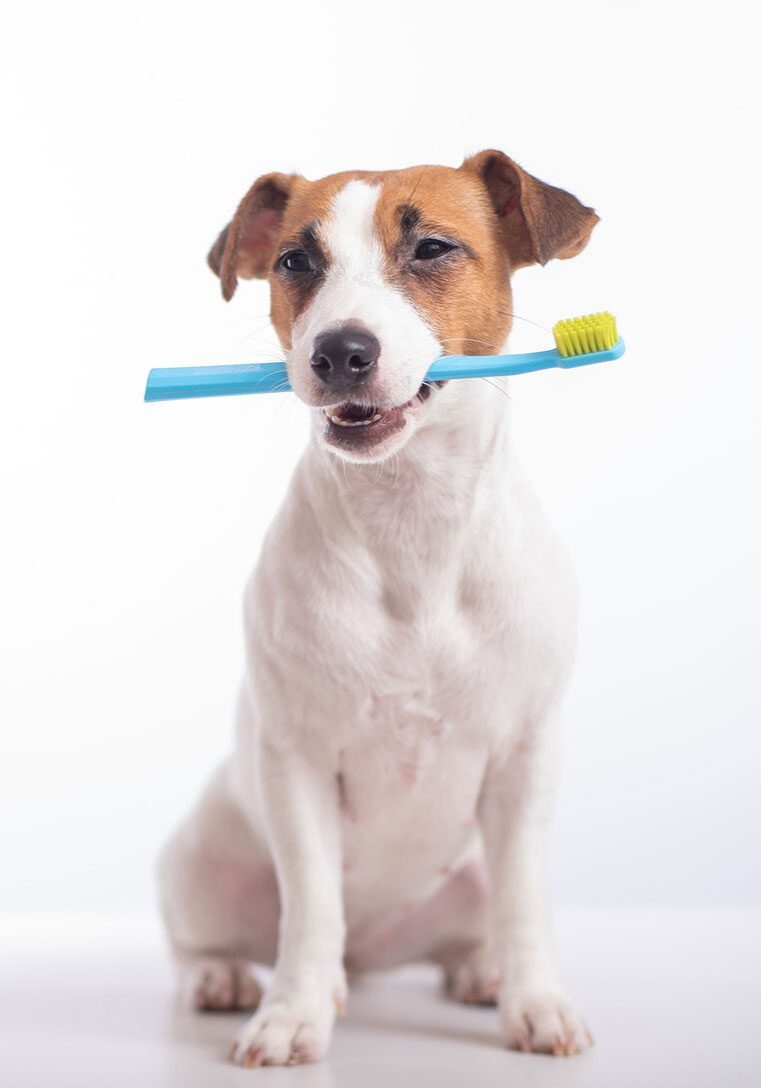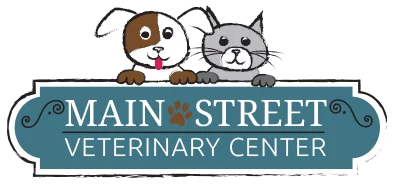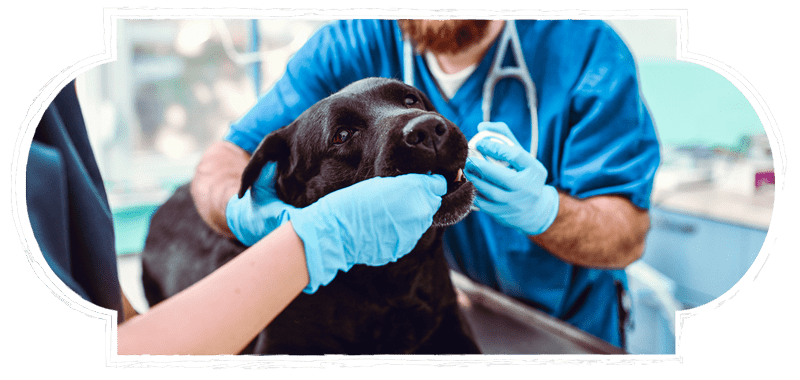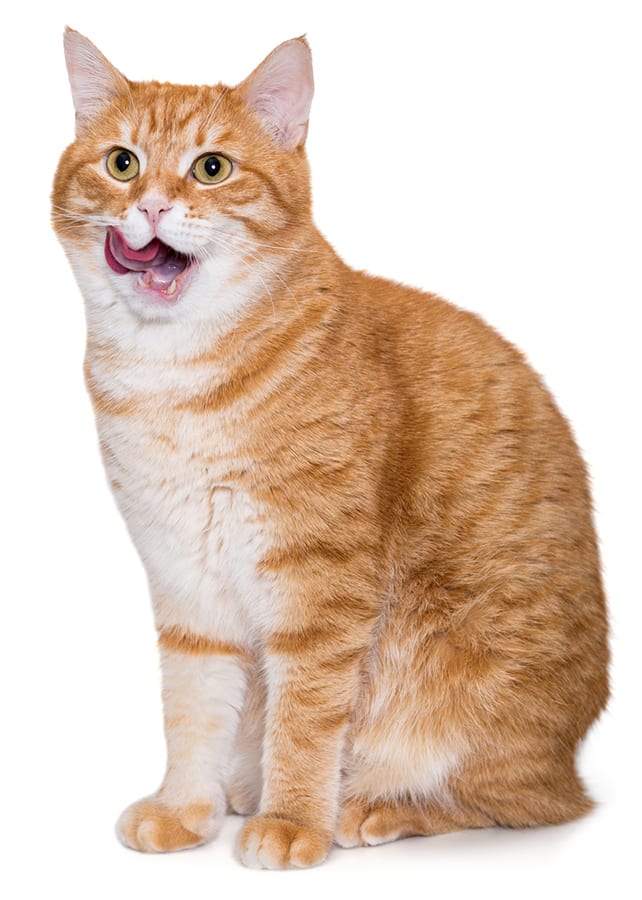Do you pull away when your pet tries to give kisses? Bad breath is common in dogs and cats, but it is also typically a sign of poor oral hygiene and health. Without clean, healthy teeth and gums, your companion is vulnerable to oral bacterial infections. At Main Street Veterinary Center in Bartow, FL, cat and dog teeth cleanings are part and parcel of a responsible, comprehensive pet care plan. Dental care is essential to an animal’s health and longevity.
For complete, quality dentistry and helpful treatment recommendations for your pet, reach out to us today at (863) 534-9584, or schedule an appointment today!
What to Expect with Teeth Cleanings for Dogs and Cats
Professional cat and dog teeth cleaning procedures here in Bartow must be performed with pets under anesthesia. This is the only way we can thoroughly examine the teeth, diagnose problems, and provide proper treatment.

Here are the steps we follow:
Prior to the teeth cleaning procedure, we examine your pet and run bloodwork to assess organ function and make sure anesthesia will be safe for them
While your pet is under anesthesia, we perform a complete oral exam, checking each tooth, charting our findings, and looking for pockets around the teeth
If we find a tooth that is loose and/or damaged, we will need to extract it (your pet will receive appropriate pain relief medication)
When cleaning your pet’s teeth, we remove accrued plaque and tartar from the crown and from the root, below the gum line, where most oral problems take place
If we discover any deep gingival pockets, we will administer an antibiotic gel to treat the existing infection and prevent future infection
If your pet has a tooth extraction, we will send them home with pain relief medication and help you schedule a follow-up exam to make sure they are healing well



